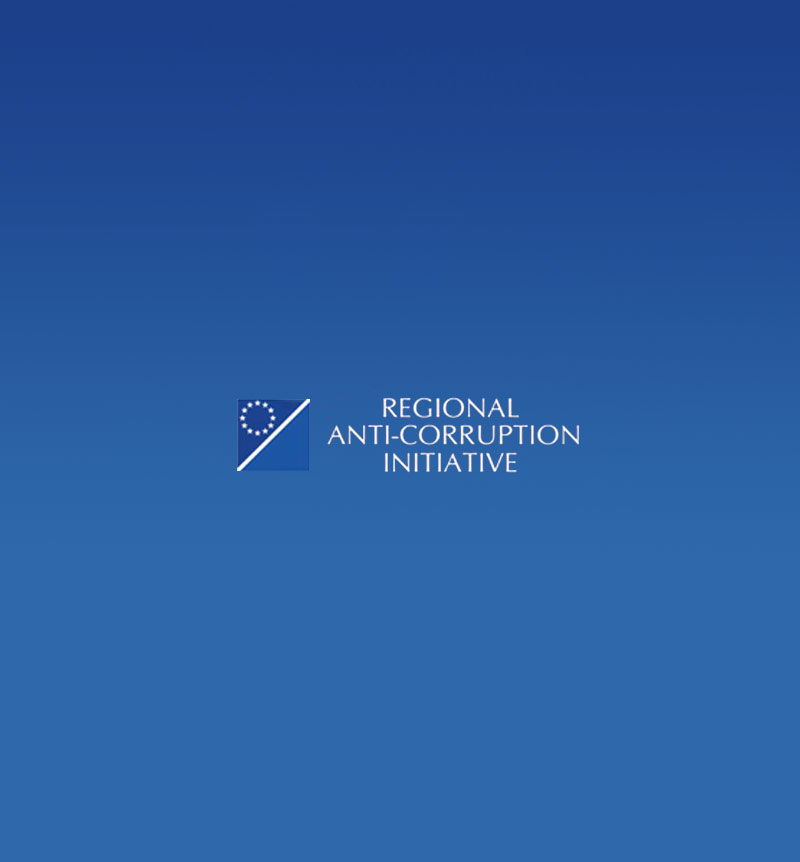News
The Agency for Prevention of Corruption of Montenegro, in addition to its competencies in controlling the application of anti-corruption mechanisms when it comes to public officials and state authorities, conducts activities to raise awareness of corruption among public officials. The Agency is one of the key beneficiaries of the project of the Council of Europe (CoE) and the European Union (EU) Horizontal Facility for Western Balkans and Turkey, through which it provides technical and expert support in controlling the financing of political entities and election campaigns, control of income and assets of public officials, prevention of conflicts of interest, protection of whistleblowers and lobbying. Within this project, Guidelines for Strengthening the Ethics and Integrity of High-Ranking Executive Officials were drafted and adopted at the session of the Government of Montenegro on September 23.
The Agency for Prevention of Corruption of Montenegro (APC) has, together with representatives of the General Secretariat of the Government of Montenegro and with the support of experts of Council of Europe within the
“Horizontal Program for the Western Balkans and Turkey” prepared Guidelines for Strengthening the Ethics and Integrity of High- Ranking Executive Officials, that were then adopted at the session of the Government of Montenegro on September 23rd last year with aim to provide support for respecting the standards of integrity of high-ranking executive officials, as well as strengthening public confidence in the work of state authorities. The Guidelines apply to the Prime Minister, Deputy Prime Minister and members of the Government, state secretaries in ministries, advisers to the Prime Minister and Deputy Prime Minister, heads of state authorities, as well as persons whose term of office ceased two years after termination. These Guidelines will serve as a starting point for drafting a Government Code of Ethics. See more here
Under the Law on Financing of Political Entities and Election Campaigns, there are rules that pertain to the financing of party’s routine activities and regulations that apply to election campaign finances and its transparency.
Transparency and control of financing of political entities and election campaigns and the use of public resources in the election campaign is entrusted to the Agency for Prevention of Corruption. In this regard, data, reports and contracts related to the use of public resources in the campaign are available on the Agency’s website, which refers to employment, budget spending, social benefits and issued travel orders, etc. In addition, in accordance with the developed methodologies and control plans, the Agency regularly monitors and controls the activities of political entities in the campaign, controls the collected and spent funds of political entities, i.e. documentation of service providers and political entities to which services were provided. All these data are available to the public through reports available on the APC’s website, as well as searches where data are available from the beginning of the Agency’s work when it comes to incomes from public sources and costs in election campaigns, i.e. the map of advertising on billboards in the election campaign.
See more here: https://www.antikorupcija.me/en/analitika/ and https://www.antikorupcija.me/en/analitika/bilbordi
The work of the Agency is included in the OECD publication “Competitiveness of Southeast Europe 2021”, which measures the competitiveness of the countries of Southeast Europe, including Montenegro, through a special anti-corruption dimension.
It is very important to note that the findings of the OECD publication “Competitiveness of Southeast Europe 2021”, within the anti-corruption dimension, concluded that the Agency scored the best result in the area of awareness raising and educational activities on corruption prevention. Montenegro has a score of 4.0, where it is recognized that “only Montenegro measures the effectiveness of awareness raising activities through an annual poll, which measures the share of citizens who would report corruption, claim to know what the APC MNE does, and who believe that the Agency has contributed to the overall fight against corruption and that its campaigns encourage citizens to fight corruption, etc. (ASK and Defacto Consultancy, 2019). Also, as it is stated, Montenegro is especially praised in terms of having legislation and methodology for the adoption and implementation of Integrity Plans with a score of 4.5, which states that “Montenegro has the most advanced system of support and monitoring of the implementation of integrity plans.”
See more here
The main competence of the Agency for Prevention of Corruption regarding the Corruption Proofing of Legislation is to monitor enacted regulations and draft laws and bylaws that contain provisions that may lead to corruption risk. This risk does not only mean the risks of corruption in the narrowest sense, but also the violation of ethics, transparency, threatening to the public interest, etc., in short, everything that can open the possibility for some form of corrupt behaviour.
In order to fulfil its legal competence, the Agency:
–Initiates amendments to laws, other regulations and general acts, in order to eliminate possible risks of corruption or their harmonization with international standards in the field of anti-corruption;
–Gives an opinion on draft laws and other regulations and general acts in order to harmonize with international standards in the field of anti-corruption;
-On its own initiative or at the request of state authority, company, legal person, entrepreneur or individual, gives an opinion to improve corruption prevention, reduce the risk of corruption and strengthen ethics and integrity in state authorities and other legal entities, which includes a corruption risk assessment, measures to eliminate the risk of corruption and prevent corruption. Opinions issued by the Agency in the implementation of this competence are not binding, but the publication of these acts on the Agency’s website and their availability to the interested public are often a sufficient instrument of influence on the proposer of legislation, as well as to other interested public, to take into consideration the recommendations of the Agency in order to improve the pieces of legislation or normative acts. During 2021, the Agency issued 10 opinions on regulations in the field of anti-corruption. See more here


